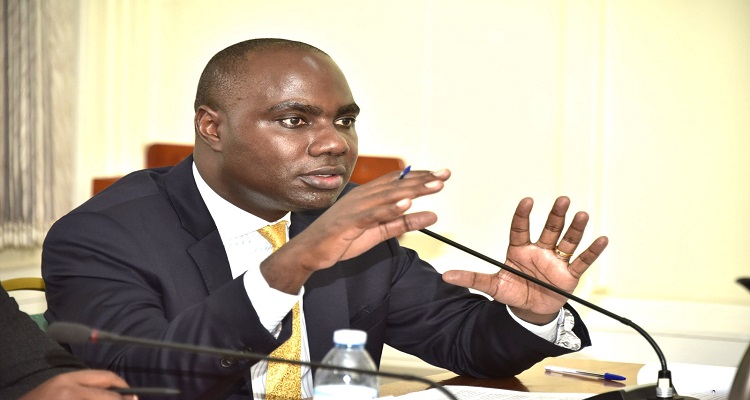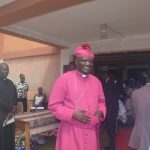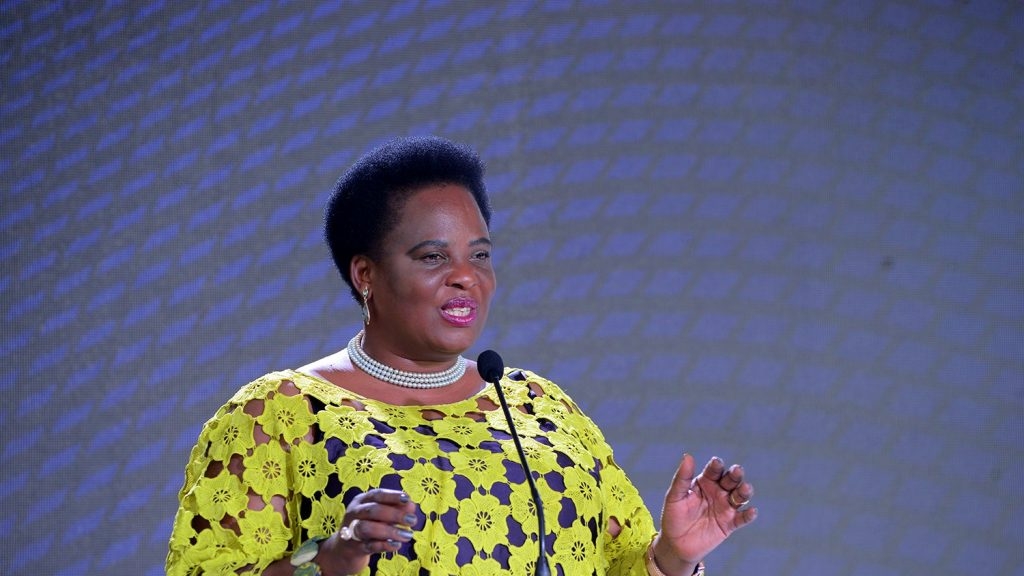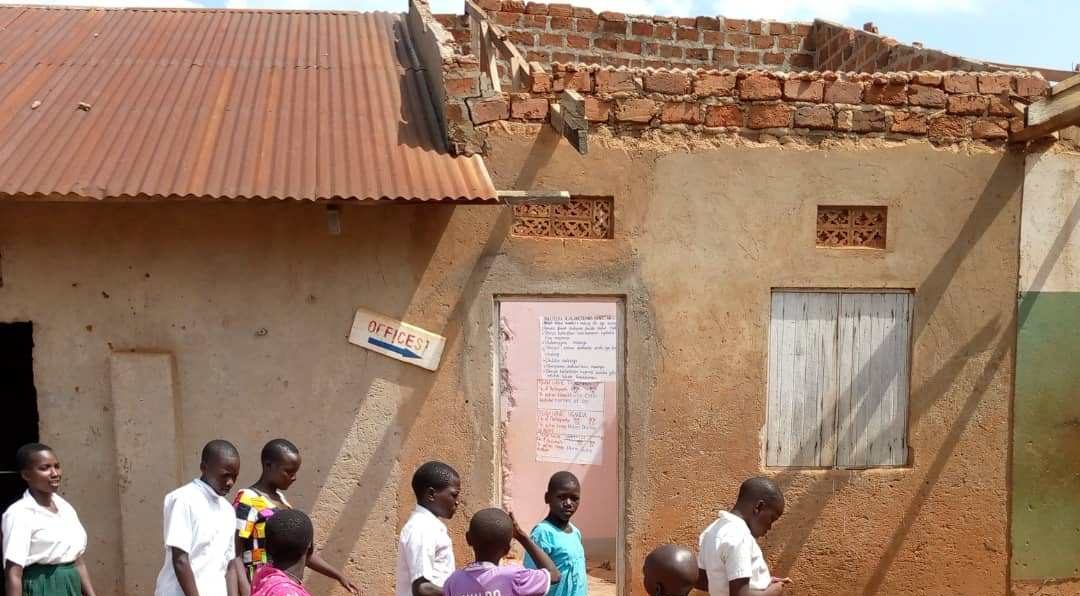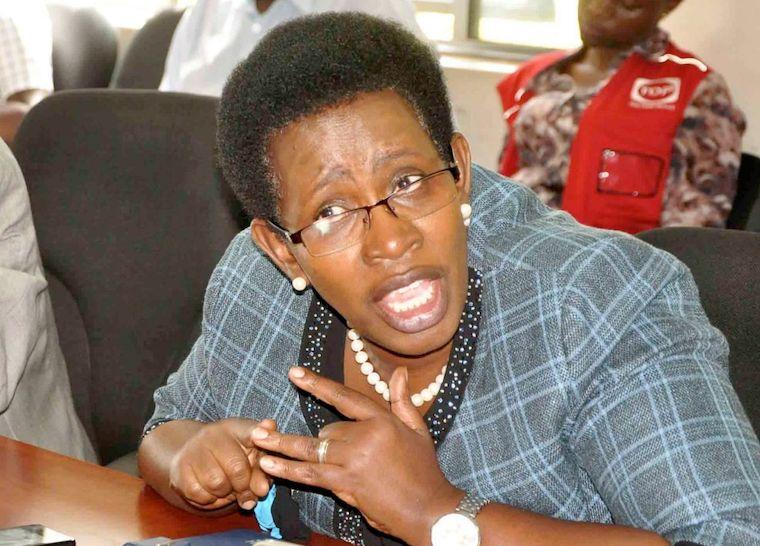Several special interest groups in Uganda are contesting a government initiative to merge youth, children, persons with disabilities, and women councils, alongside the Equal Opportunities Commission and the Uganda Human Rights Commission into single entities. Ministers from the public service ministry are set to introduce the merger bill in parliament this week, despite opposition.
The opposition stems from concerns that merging these councils and commissions would exacerbate existing problems rather than resolve them. Leaders from various special interest groups argue that the historical marginalization and discrimination that led to the creation of these councils still persist, necessitating their continued separate existence.
They assert that merging these entities would diminish the government’s achievements in addressing inclusivity and promoting growth, particularly in areas like disability rights and gender equality. Additionally, they argue that merging constitutional bodies like the Equal Opportunities Commission and the Uganda Human Rights Commission would undermine their mandates, which were established based on the demands of Ugandan citizens.
While some voices support the rationalization policy to reduce duplication and save resources, they oppose merging all entities, citing the unique needs and representation required for effective governance. Concerns also extend to potential impacts on parliamentary representation and local government councils’ composition.
Despite the opposition, government officials remain resolute in their stance, emphasizing the necessity of the mergers for efficient governance and resource allocation. The Ministry of Public Service has dismissed dissenting voices as selfish and greedy, asserting the government’s authority in decision-making regarding organizational restructuring.

